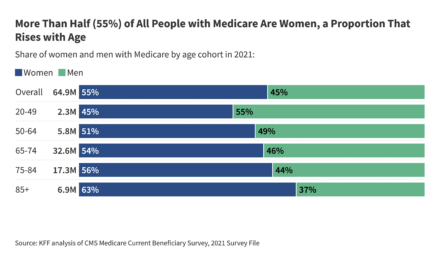
Newswise — (Boston) –African American women in the United States face a significantly greater load of preeclampsia during pregnancy and stroke compared to white women. However, nearly all available research on the correlation between these two medical conditions has been conducted solely on white women.
A recently released study, led by researchers from Boston University Chobanian & Avedisian School of Medicine and Slone Epidemiology Center, examines data spanning 25 years and involving 59,000 Black women from the Black Women’s Health Study (BWHS). Published in the New England Journal of Medicine Evidence, the study reveals that Black women with a background of hypertensive disorders of pregnancy (HDOP) have an approximate 66% heightened long-term risk of stroke.
Dr. Shanshan Sheehy, corresponding author of the study and an assistant professor of medicine at the school, as well as an investigator at the Slone Epidemiology Center, stated, “Our findings could provide a partial explanation for the disproportionately high occurrence of stroke among Black women compared to other populations.”
The researchers examined data from U.S. Black women who were part of the BWHS. The study included 42,924 participants who had previously given birth and did not have any pre-existing cardiovascular disease at the start of the analysis. Biennial questionnaires were utilized to gather information on preeclampsia, gestational hypertension, stroke, and other relevant conditions. To verify self-reported cases of stroke, medical records were requested and subsequently reviewed by neurologists.
During the period from 1995 to 2019, a total of 1,555 strokes occurred, with 310 of them reported among 4,938 women who had a history of hypertensive disorders of pregnancy (HDOP). Women who indicated a previous occurrence of HDOP were estimated to have a 1.66 times higher risk of stroke compared to women who had given birth but did not experience those pregnancy complications. Specifically, for women with a history of preeclampsia, the estimated hazard ratio (HR) was 1.53. This association was observed among both younger women (under the age of 60) and older women. Furthermore, it was evident in women who were not overweight during their early adulthood, as well as in women who were overweight or obese at that time.
Preeclampsia, which impacts around 2 to 8% of pregnancies, is the second most common cause of maternal mortality globally. Among Black women in the United States, the incidence of preeclampsia and eclampsia is 60% higher compared to white women (with 70 cases per 1,000 deliveries reported for Black women in 2014, as opposed to 43 cases per 1,000 deliveries for white women). Additionally, there has been a concerning rise in severe preeclampsia rates among Black women in recent years.
The American Heart Association (AHA) has recently updated its guidelines to include pregnancy complications as risk factors for stroke. However, these recommendations primarily rely on data derived from women of Northern European descent. Recognizing the need for more comprehensive research, especially regarding women from underrepresented populations, the AHA has emphasized the importance of further studies on the risk of stroke in women. By doing so, they aim to enhance our understanding of stroke risk factors across diverse populations and provide more targeted and inclusive recommendations.
Dr. Sheehy commented on the study findings, stating, “Our research offers evidence that a woman’s pregnancy history can be a crucial factor in assessing and preventing long-term stroke risk.” She emphasized the significance of considering the history of hypertensive disorders of pregnancy (HDOP) when developing cardiovascular screening recommendations, especially for Black women. By incorporating this information, healthcare providers can better tailor preventive measures and risk assessment strategies for this specific population.
The study received funding from multiple sources, including the National Institutes of Health (NIH) grants R01CA058420, U01CA164974, and R01MD015085. Additionally, Dr. Aparicio, one of the researchers involved, is supported by an American Academy of Neurology Career Development Award and the Boston University Aram V. Chobanian Assistant Professorship. These funding and support initiatives have contributed to the successful execution of the study and the advancement of research in this field.




